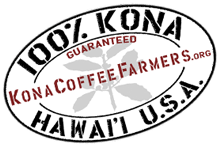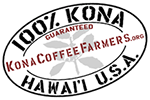March 2024 The Independent Voice
The Independent Voice “Best Agricultural Newsletter in Hawaii” Newsletter of the Kona Coffee Farmers Association March 2024 PO Box 5436 Kailua Kona Hawaii 96745 USA www.konacoffeefarmers.org info@konacoffeefarmers.org Contents Message from President Petersen Stricter Coffee Labeling Bills Black Twig Borer Webinar HDOA CBB CLR Subsidy Application Update Drinking Coffee Boosts Brain Function and May Make You…


